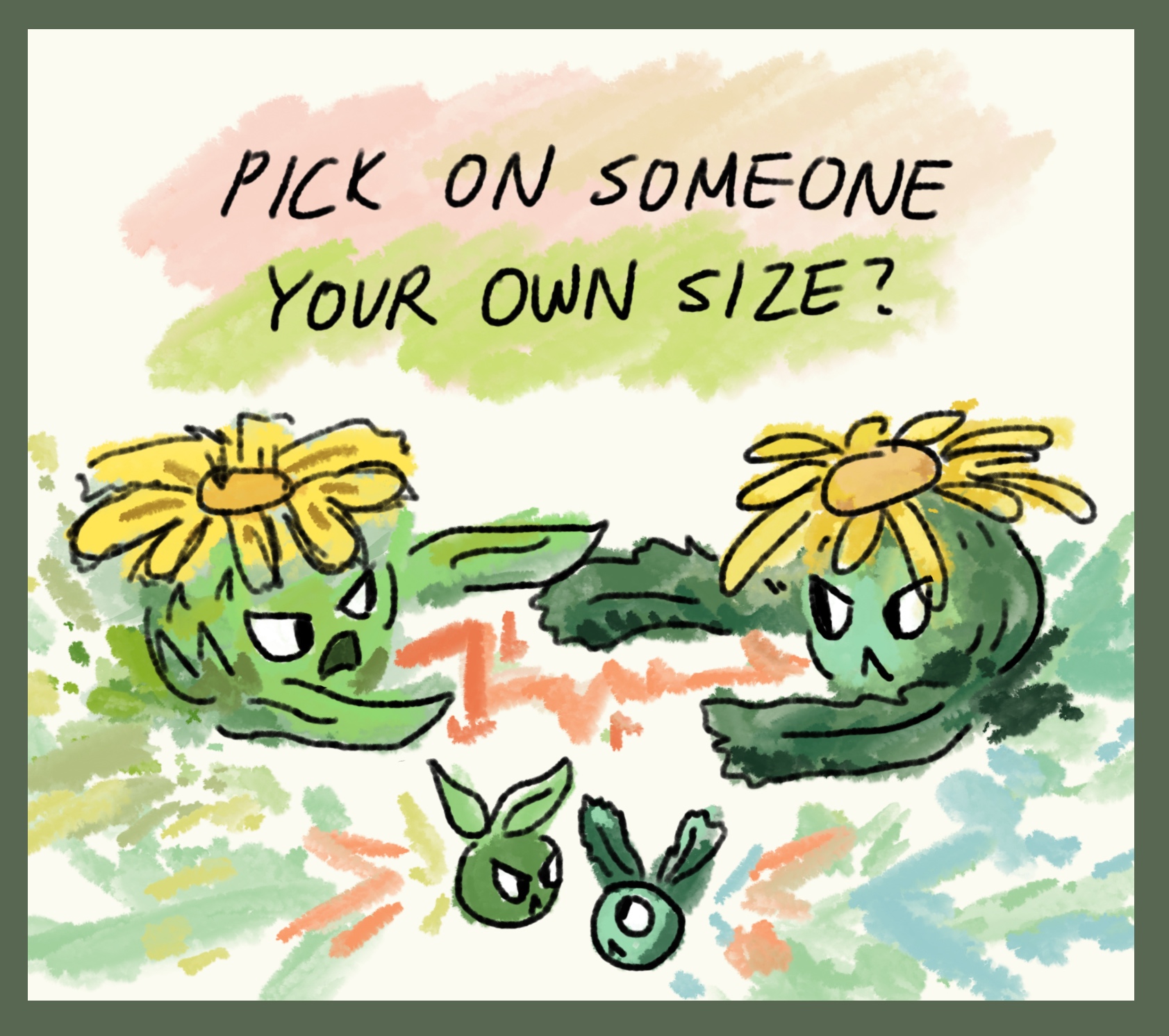"Pick on someone your own size?": Come say hi at BES2024!
08/12/2024

The British Ecological Society Annual Meeting is just around the corner! This is my second time attending this fantastic event, and this time, I am joining as a presenter to share preliminary results of my master’s research project. Together with my supervisors Roberto Salguero-Gómez and Christina Hernández in the SalGo Team at the University of Oxford and collaborators Benjamin Blonder at UC Berkeley and Courtenay Ray at the University of Wyoming, I have been busy trying to answer these questions: Do plants interact differently with their neighbours depending on the life stage of either party, and if so, does it matter for community dynamics that they do?
Most organisms change in form and behaviour as they transition between different life stages. This means that an individual’s ecology - the way it interacts with its surroundings - changes through development. For example, it would not be surprising if a seedling’s day-to-day life is very different from that of a fully grown tree! This phenomenon is called ontogenetic niche shift. Particularly, I became interested in the fact that the nature and strength of biotic interactions such as competition or facilitation could also be stage-dependent in this way.
Researchers like de Roos (2021) have pointed out that stage-dependent interactions could be important for community dynamics, because it means that the interaction strength between species can dynamically fluctuate even without changes in population-level density.
To determine if plants interact in a stage-dependent manner, I ran statistical analyses on two focal species in a spatially mapped annual census dataset. The results were interesting - I found that competition may be more intense within conspecifics of the same life stage, but only for one species and a select few of the vital rates. Furthermore, preliminary simulations of a two-species stage-explicit competition model seem to suggest that increasing stage-dependence may increase stochastic fluctuations in species and stage-specific densities, but only when fast life history species are competing.
I will be talking about these results and my future plans in more detail at BES in an in-person poster session. My poster is at A17.10 and the session starts at 18:00 on Weds 11th. I am excited to find out what I may learn from ecologists in the field in relation to my project, and very much looking forward to join in the many fascinating conversations that will be happening all throughout the conference!